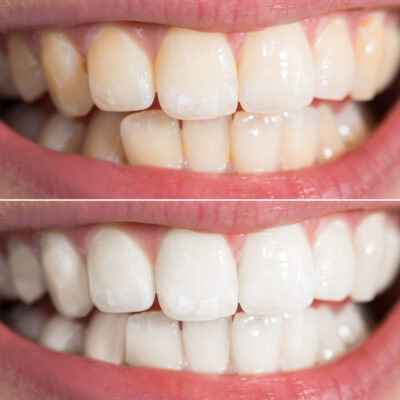
5 Trigger Foods for Ulcerative Colitis
Ulcerative colitis is an inflammatory bowel disease (IBD) that causes ulcerations or sores in the digestive tract. This results in inflammation of the lining of the intestines and symptoms similar to an ulcer. Inflammatory bowel diseases, such as ulcerative colitis and Crohn’s disease, have symptoms that can be debilitating for many who suffer from this condition. To assist with the management of colitis, it is recommended that one follow a diet that is soothing to the digestive tract and elimination of certain irritating foods that we will discuss here:
1. Butter or margarine
Eating foods with specific types of fats is believed to lead to developing ulcerative colitis and Crohns. Foods with linoleic acid can cause inflammation in the intestines. Linoleic acid is a primarily omega-6 fatty acid. Omega-3 fatty acids are beneficial, but too much omega-6 can be detrimental to your health. Butter is high in both saturated fat and linoleic acid. Margarine is often made with oils, such as sunflower oil, that are especially high in omega-6 fatty acids. It is best to avoid both of these fats and stick with olive oil and to supplement your diet with fish oil.
2. Carbonated beverages
Carbonated drinks contain carbonic acid which is a known irritant to the entire digestive tract. This includes soda, seltzer, and beer. When you are suffering from a flare-up of colitis or Crohn’s symptoms, it is recommended that you stick with plain water, fruit-enhanced water, and herbal teas to avoid becoming uncomfortably gassy and bloated.
3. Caffeine
Have you ever noticed that you need to use the bathroom right after your morning cup of coffee? Coffee is very acidic and the caffeine in coffee stimulates the large intestines to move waste more quickly. This is not ideal for those who already suffer from colitis-related diarrhea. Caffeine is also found in soda and many teas, especially cola and black tea. To avoid diarrhea, stay away from both coffee and caffeinated drinks, especially during an IBD flare.
4. Corn
High-fiber foods, such as whole grains, can increase intestinal motility. Many people think of this food as a vegetable. It is actually a whole grain that is incredibly hard to digest. It often goes through the colon whole, irritating the lining of the large intestine. This is especially true for popcorn. Basically, this grain scrapes the walls of the intestines. This can be disastrous for those suffering from irritable bowel diseases.
5. Dairy
It is often recommended that patients with any ulcerative condition drink milk to soothe the digestive tract. This is not necessarily a good idea, even if it seems to bring you temporary relief. Many people with IBD are actually lactose intolerant. Lactose is a sugar that is found in milk, cheese, cream, butter, and yogurt. Lactose can cause abdominal pain and diarrhea in compromised individuals. It is better to opt for non-dairy milk, cheese, and yogurt if lactose bothers you. You can try dairy and keep a journal of which types affect you negatively so you know what to avoid.
Common colitis symptoms include abdominal cramping, diarrhea, fatigue, fever, rectal pain and bleeding, and weight loss. More severe symptoms that can occur with advanced IBD include bone loss, dehydration, holes or tears in the large intestine, liver complications, and an increased risk of colon cancer.


